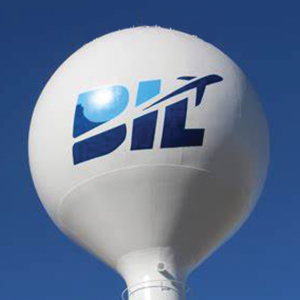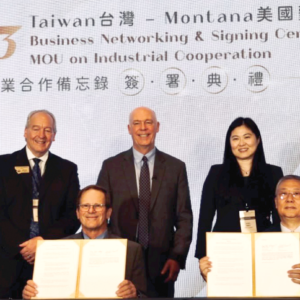Commercial
West Grand Retail Partners LLC/ Fabricon LLC, 1335 Golden Valley Cir, Com Addition, $88,000
Lordwith LLC/ Harley Construction, LLC, 427 Lordwith Dr, Com Addition, $13,000
Laighton D Jones Dental Proper/ Jones Construction, Inc, 502 Wicks Ln, Com New Other, $2,500,000
City Of Billings – Parks Dept/ Creekside Construction Of Montana LLC, 2005 6th Ave N, Com New Other, $210,710
Albertsons Companies/ Langlas & Assoc., Inc., 670 Main St, Com New Parking Lot/Non- Building Structure, $110,000
Step Inc/ Edgewater Construction LLC, 1437 Wyoming Ave, Com Remodel, $9,000
Miguel Murillo/ Jones Construction, Inc, 2212 Grant Rd, Com Remodel, $166,000
Shiloh Crossing Partners LLC/ Jones Construction, Inc, 820 Shiloh Crossing Blvd, Com Remodel, $280,000
Fischer And Erwin/ Dynamic Construction Solutions LLC, 2324 Rehberg Ln, Com Remodel, $214,400
Lordwith LLC /Dynamic Construction Solutions LLC, 421 Lordwith Dr, Com Remodel, $280,000
Olson, Grant A & Bethany J/ Miller Construction & Remodel LLC, 1826 Grand Ave, Com Remodel, $15,000
Better Billings Foundation/ Langlas & Assoc., Inc., 543 Aronson Ave, Com Addition, $1,000,000
Rocky Plaza Association/ Yellowstone Electric Co., 1400 Poly Dr, Com Addition, $80,000
City Of Billings (Airport)/ Monarch Limited Of Montana, 2543 Altimeter Dr, Com New Warehouse/Storage, $120,000
Caramel Cookie/ Jones Construction, Inc, 3465 A J Way, Com Remodel, $17,256
Beartooth Business LLC/ Jones Construction, Inc, 2940 Grand Ave, Com Remodel, $148,500
Broso Valley Lodging Investors, 3550 Ember Ln, Com Remodel, $490,604
Billings Mt 1 Fgf LLC/ Star Service, Inc., 2900 4th Ave N, Com Remodel, $240,000
Mark Weber, 2212 Grant Rd, Com Remodel, $250,000
Dibra Investment Holdings LLC/ Neumann Construction, 4120 King Ave W, Com Remodel, $150,000
Nelson, Andy & Bert, 2413 Montana Ave, Com Remodel, $3,000
Residential
Hartmann, Dexter A & Brenda, 1010 Harvard Ave, Res New Accessory Structure. $43,200
Simonson, Steven G & Rachel E/ Nygaard Builders LLC, 5342 Cabernet Ln, Res New Accessory Structure, $8,000
Brownell, Michael R & Mary S, 3910 Heritage Dr, Res New Accessory Structure $65,000
Billings Best Builders/ Billings Best Builders LLC, 5216 Grass Mountain Rd, Res New Single Family, $553,000
Leon Clause/ Green Jeans LLC, 1207 Cherry Island Dr, Res New Single Family, $310,000
4 Mt Homes Inc/ 4 Mt Homes Inc, 2317 Entrada Rd, Res New Single Family, $213,528
4 Mt Homes Inc/ 4 Mt Homes Inc, 820 Hermosa St, Res New Single Family, $188,246
4 Mt Homes Inc/ 4 Mt Homes Inc, 821 Hermosa St, Res New Single Family, $188,246
Lorenz Construction LLC/ Double Duece Ventures LLC, 3543 Rachelle Cir, Res New Single Family, $375,000
Cdh, LLC/ Cdh, LLC, 5231 Rich Ln, Res New Single Family, $278,601
Christensen/ Michael Christensen Homes, 1240 Timbers Blvd S, Res New Single Family, $450,000
Christensen/ Michael Christensen Homes, 1246 Timbers Blvd S, Res New Single Family, $450,000
South Pine Design/ South Pine Design, 1757 E Thunder Mountain Rd, Res New Single Family, $450,000



